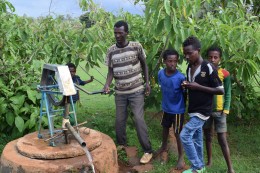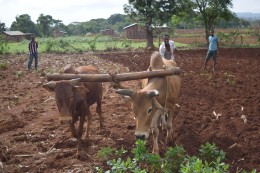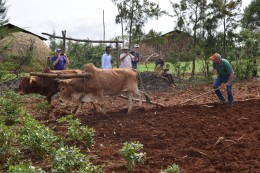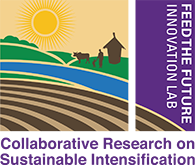
The 24 innovation labs gathered under the U.S. Government’s Feed the Future initiative are strongly expected to collaborate and bring synergies to address the problems caused by climate change with the aim of increasing food production for a growing population in the countries where they work.
Ethiopia is one of the Feed the Future focus countries with nine active labs (see this fact sheet). The Sustainable Intensification Innovation Lab (SIIL) is one of these nine labs working in the country, through a sub-grantee, the Texas A&M Universityand its director Neville Clarke.
Clarke is also leading the Innovation Lab on Small Scale Irrigation (ILSSI), which has been active in Ethiopia for over two years. ILSSI and SIIL are collaborating in Ethiopia through a grant from SIIL known as ‘Sustainably intensified production systems impact on nutrition’ (SIPS-IN). This grant complements the ILSSI and involves the same partners as well as Tufts University School of Medicine in Boston and Bahir Dar University in Ethiopia.




